Drosera platypoda - CarniDr150
Drosera platypoda - CarniDr150
Drosera platypoda is a carnivorous plant from the sundew family. This species originates from southwestern Australia. This plant has an erect stalk containing several fan-shaped and heavy glandular leaves to trap insects with. Provide this plant with bright light and constant wet conditions. This species could grow indoors, larger terraria, greenhouses and could be kept outside in spring and summer.
This product is currently still in stock
Share this plant? Press on one of the following icons.
Drosera platypoda is a carnivorous plant from the sundew family growing up to 20 cm in length. Like every species within the genus Drosera, this plant uses its heavy glandular leaves to trap insects for nutrients. The higher the intensity of exposed light, the brighter red the leaves will be. This plant grows from small tubers in the ground. From a central rosette, small round, heavy glandular leaves sprout from its tuber. When fully mature, an up to 20 cm, delicate stalk containing small, alternating fan-shaped leaves grow out of the rosette. At the top of this stalk, small bright white flowers are produced in October. Propagation is most easily done by removal of smaller rosettes or bulbs near the base of a mature plant. Also, harvesting and sowing seeds is possible.


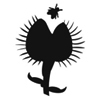

Drosera platypoda originates from loamy soils, marshes, heathland and granite outcrops of southwestern Australia. It grows in exposed, moist areas near grassy patches. For optimal growth, the optimal day temperature is around 25 degrees Celsius. In the night temperatures could drop to 15 degrees Celsius. In spring and in summer this plant could also grow outdoors but make sure temperature does not drop under 15 degrees Celsius. Place this plant in a mineral rich, water retaining medium that lacks nutrients and other dissolved salts completely. Clean peat or horticultural sand are some examples. Provide this species with bright to very bright light conditions such as direct sunlight or strong artificial lights. Prevent this plant from drying out when actively growing. To maintain swampy or soggy conditions, it is possible to place a perforated pot in a tray of water. Always use demineralized water; water containing even a low concentration of minerals could burn the sensitive roots. Fertilizer is best to avoid but it is possible to feed this plant with caught insects once per month.
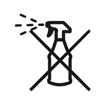
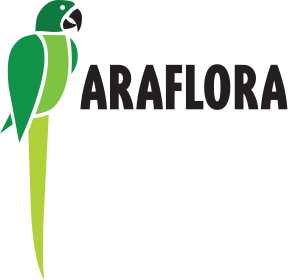



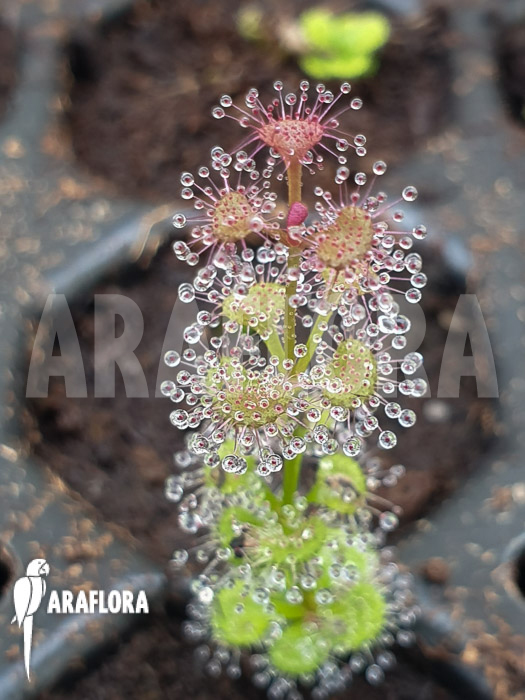
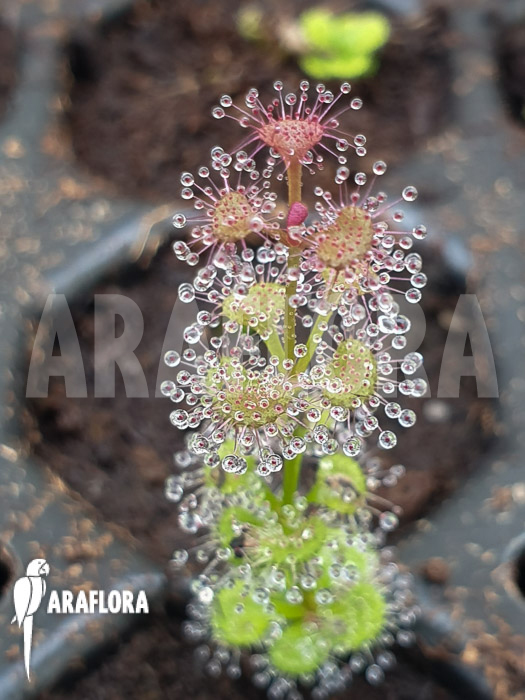
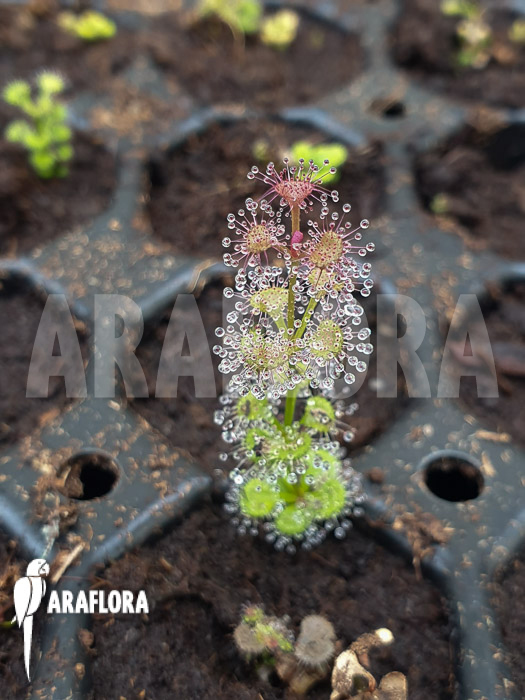
 5 cm
5 cm
 4 cm
4 cm












